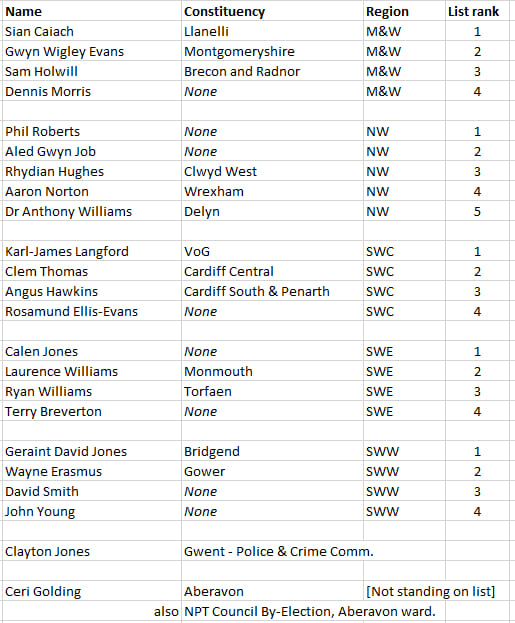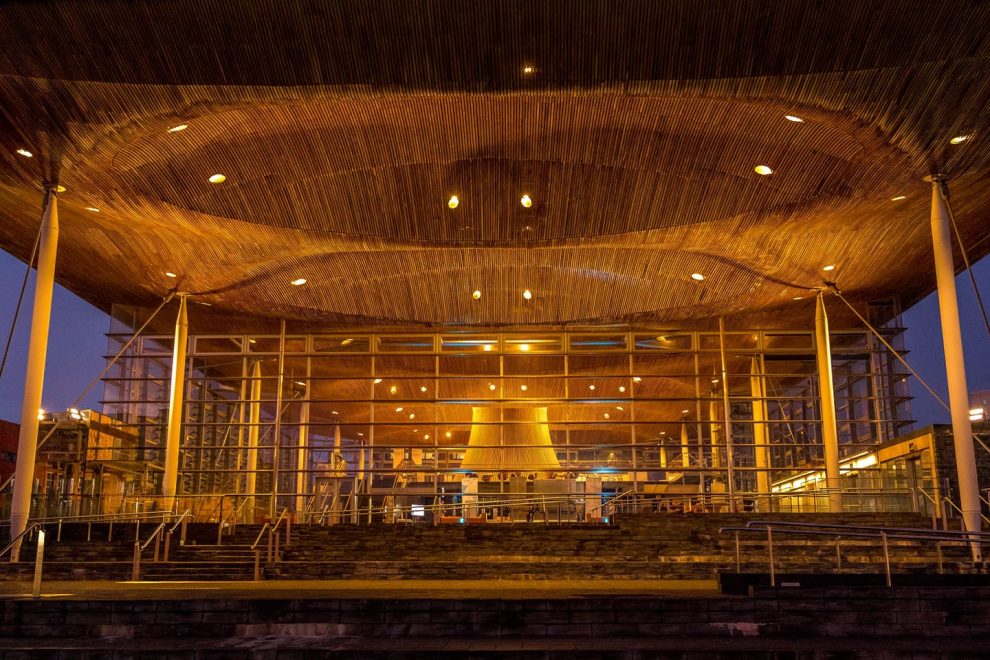GWLAD will form the largest non-‘Bay Bubble’ Welsh party contesting the coming election.
The pro-independence party will field 14 constituency and 21 List candidates- more than Propel (5), Abolish (7) and Greens (13).
The only other new party which has more candidates at the election is the UK Reform party (40).
“Contesting a third of the constituencies along with a full slate of candidates on the List is an impressive achievement for a small, grass-roots party at its first Welsh election,” said Aled Gwyn Job, GWLAD’s Communications Officer.
“Whatever one’s political inclinations, most people will hopefully agree that new parties and new ideas are needed to strengthen our democracy and solidify the civic forum in Wales.”
He said the party had managed to attract a wide mixture of candidates with lived experiences and a desire to put those experiences to work to build a new future for the nation.
With this communal lived experience reflected in the party’s manifesto- unique not only for Wales but for the UK – in its 3 columns solutions-based approach.
“Firstly, we have identified the problems facing modern Wales. Then we say what needs to be done to fix them within our present circumstances. Lastly, we state what the ideal situation should be with Independence,” he said.
‘It’s a grounded and pragmatic approach to our situation, rather than a wishful, starry-eyed approach.”
The party have also decided to work in parallel with Plaid in a sense, by not challenging them in their presently-held constituencies, but targeting those areas where Plaid have been traditionally weak.
“We’ll also be asking people-from all parties-to give us their second vote at the election’.
“For too long, the Bay Bubble parties have taken it for granted that voters owe them their two votes.
“But the fact is, we are in much more fluid times now, and individuals can actually choose to vote for more than one party.
“And we’ll be inviting people who care about Wales to give that second vote to a sensible and grounded party who will stand for the Welsh National Interest.”
The coming election is shaping up to be the most interesting election since the start of Devolution in 1999, with several new parties in the mix this time.
With anecdotal reports that support for Welsh Labour is collapsing, it could be that both the nationalist parties and the conservative parties could gain at their expense.
As a new party aiming to give the small ‘c’ nationalist tradition in Wales a distinct voice, at last, those two developments augur well for GWLAD’s future prospects.
















Add Comment